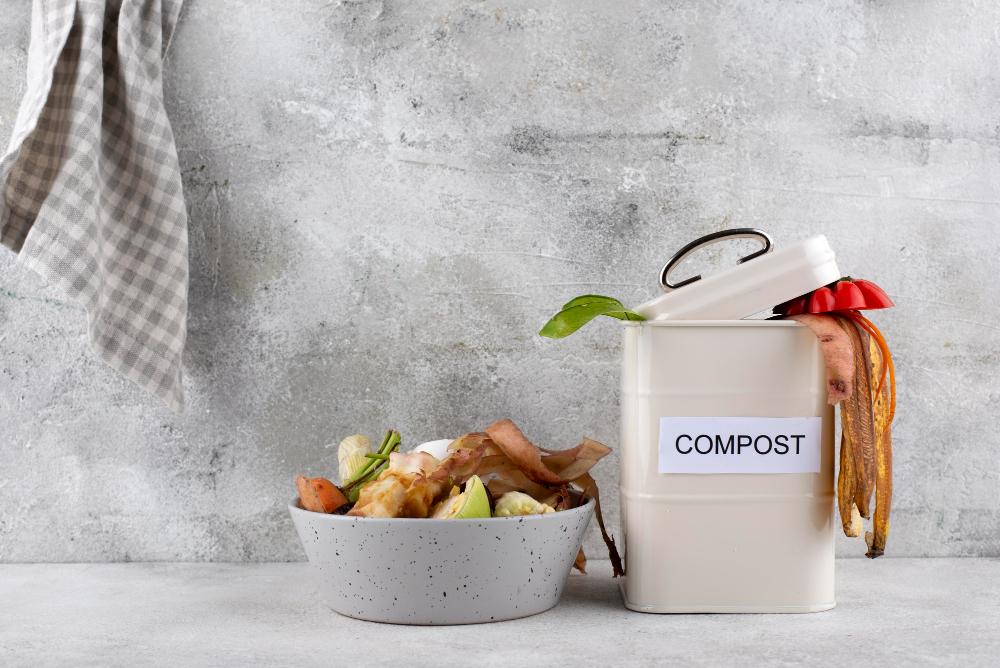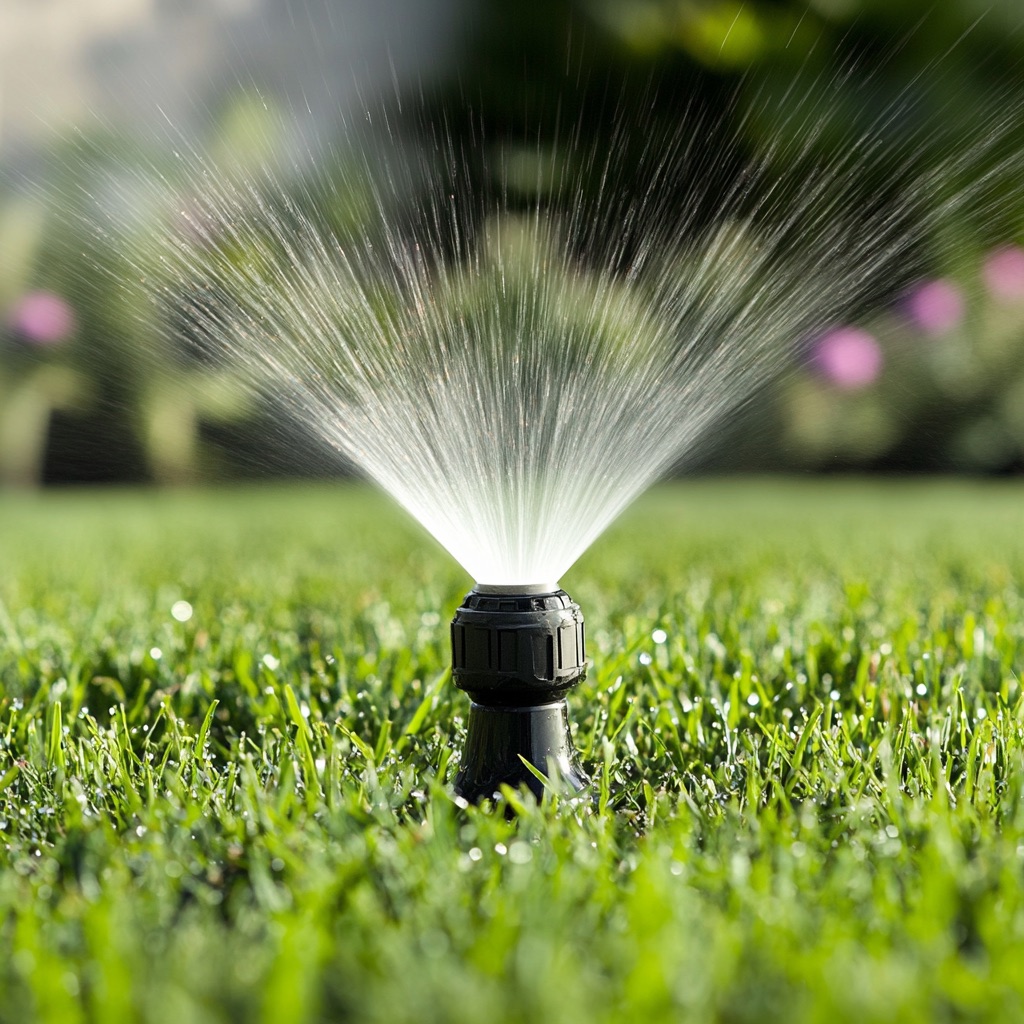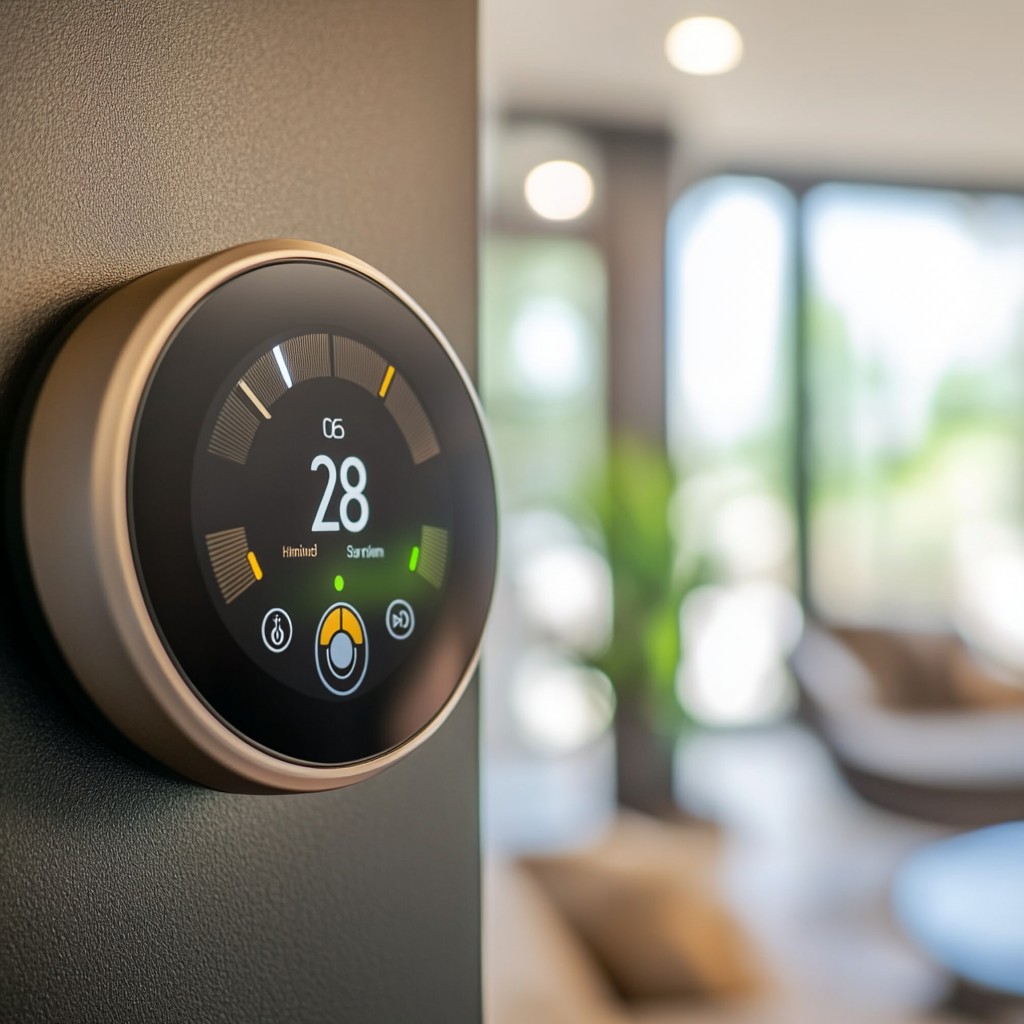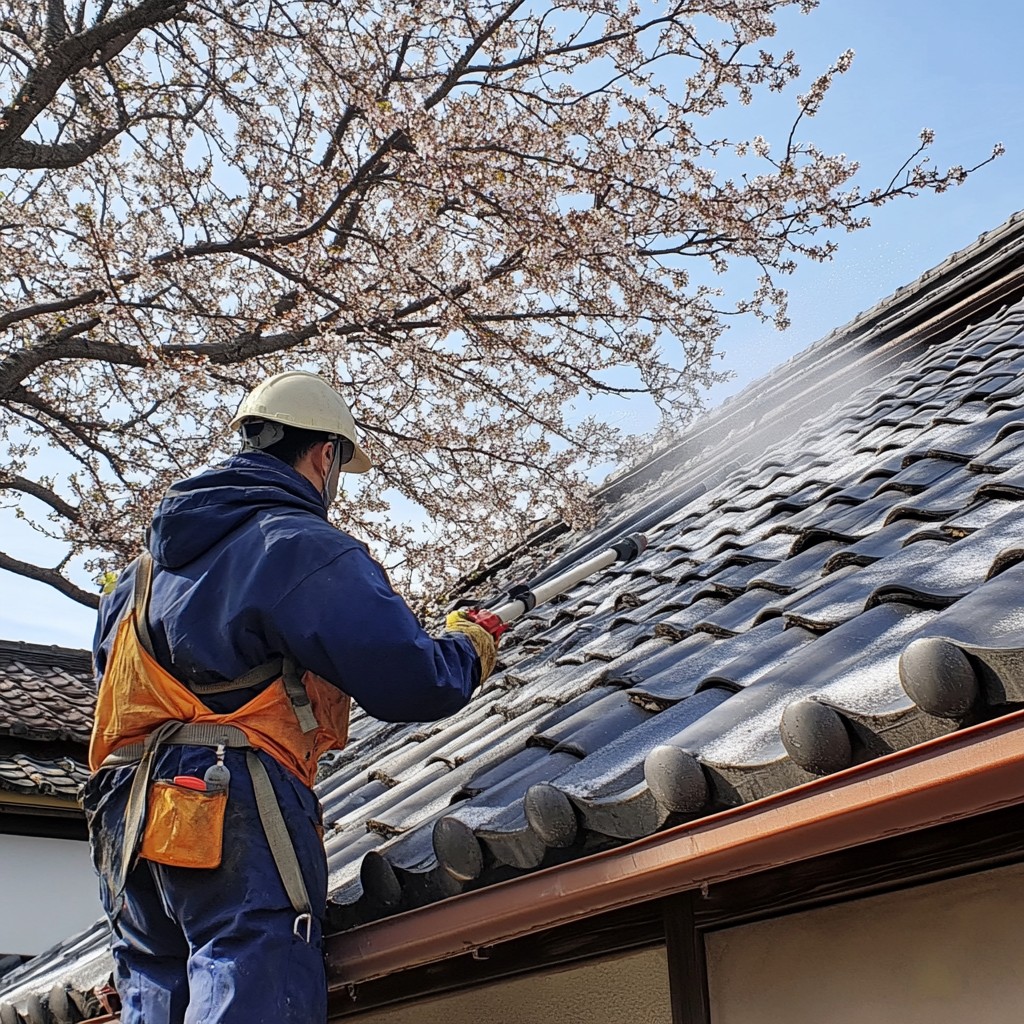Last updated on
Embracing eco-friendly solutions for maintaining cleanliness in and around your home is not just a personal health choice, but also a commitment to the well-being of our planet. This segment delves into practical approaches that blend sustainability with efficiency, ensuring that your living spaces and outdoor areas remain pristine without leaving a detrimental footprint on the environment.
From utilizing natural cleaning agents to implementing waste-reducing practices, we aim to empower you with actionable tips to uphold a clean and green lifestyle.
Natural Cleaning Agents

Nature provides a cornucopia of substances with powerful cleaning properties that have minimal impact on the environment. Ingredients like vinegar, baking soda, and lemon are not only biodegradable but also highly effective in tackling a range of cleaning tasks.
Switching to these natural cleaners can reduce the presence of harsh chemicals in your home and the ecosystem, ensuring a safer habitat for your family and local wildlife alike.
Professional Gutter Services
Clogged or damaged gutters can lead to a multitude of issues, including water damage to your home’s foundation and landscaping. Employing professional gutter services like AF Aluminum ensures that your home’s drainage system functions optimally year-round, safeguarding your property against potentially costly damages.
Professional gutter cleaning, installation, and repair services are indispensable in preventing such problems. Moreover, professionals can also offer eco-friendly solutions, such as installing gutter guards that minimize the need for frequent cleaning and the use of excessive water or suggesting sustainable materials for gutters that have a reduced environmental impact.
Waste-reducing Practices

Incorporating waste-reducing habits is fundamental to maintaining an eco-friendly household. Practices such as composting organic waste, repurposing old items, and opting for products with minimal packaging all contribute to a significant reduction in the amount of trash sent to landfills.
By mindfully reducing waste, you help conserve natural resources and reduce pollution, keeping both your home and the environment clean.
Energy-efficient Appliances
Investing in energy-efficient appliances is another step toward an environmentally friendly home. These appliances consume less energy and water, leading to lower utility bills and a reduced carbon footprint. Look for products with the ENERGY STAR label when upgrading your appliances to ensure that you are choosing among the most efficient models available on the market.
Eco-friendly Gardening Techniques
Your backyard is another area where eco-friendly practices can make a big difference. Using non-toxic pesticides, planting native species, and practicing water conservation techniques like rainwater harvesting can help maintain a clean and vibrant garden. These methods support local ecosystems, promote biodiversity, and prevent harmful substances from contaminating the soil and groundwater.
Sustainable Waste Management Systems
Lastly, creating a sustainable waste management system is crucial for both inside and outside the home. Setting up separate bins for recyclables, compost, and landfill waste encourages proper sorting and recycling, which is key to reducing environmental impact.
Teaching household members the importance of these systems instills a culture of sustainability that extends beyond the home, contributing to broader ecological benefits.
Adopting eco-friendly practices within our homes and backyards is a powerful way to contribute to the health of our planet.
By making simple yet impactful changes—such as using natural cleaning agents, engaging professional eco-focused services, reducing waste, investing in energy-efficient appliances, applying sustainable gardening methods, and implementing effective waste management systems—we not only ensure cleaner living spaces but also endorse a lifestyle that supports environmental sustainability.
Let us all take this knowledge and transform our habits to forge a greener future for generations to come.
Table of Contents




